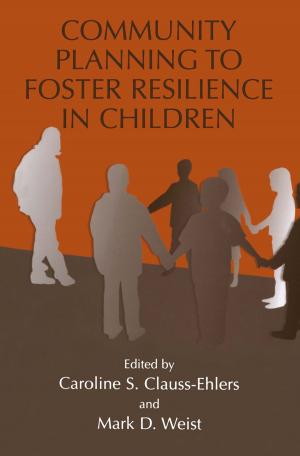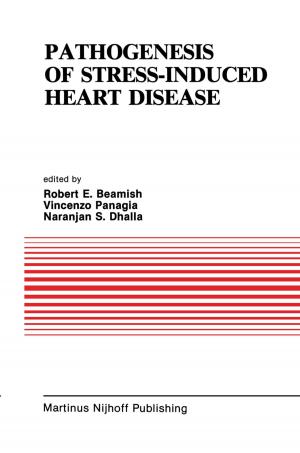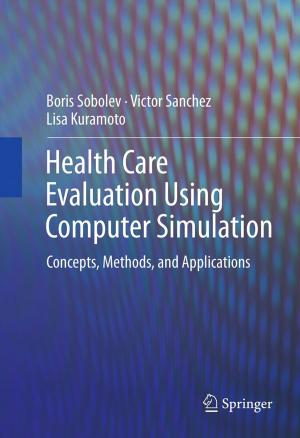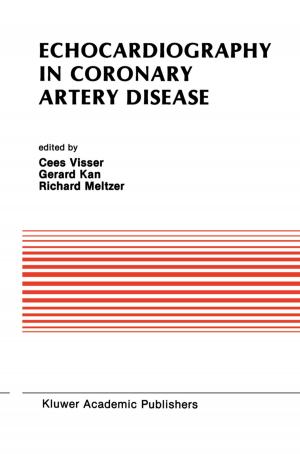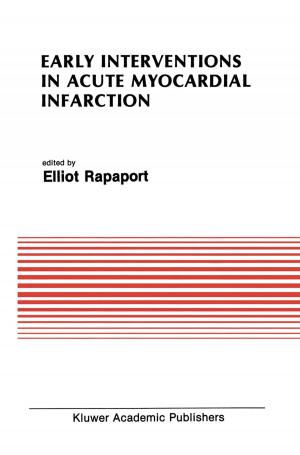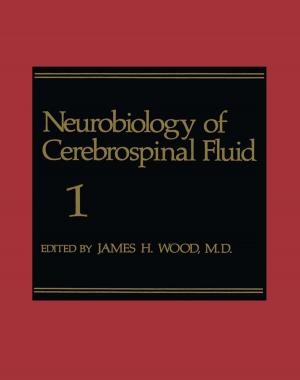Handbook of Pain and Aging
Nonfiction, Health & Well Being, Psychology, Clinical Psychology, Medical| Author: | ISBN: | 9781489902832 | |
| Publisher: | Springer US | Publication: | November 11, 2013 |
| Imprint: | Springer | Language: | English |
| Author: | |
| ISBN: | 9781489902832 |
| Publisher: | Springer US |
| Publication: | November 11, 2013 |
| Imprint: | Springer |
| Language: | English |
From time to time, professional journals and edited volumes devote some of their pages to considerations of pain and aging as they occur among the aged in different cultures and populations. One starts from several reasonable assumptions, among them that aging per se is not a disease process, yet the risk and frequency of disease processes increase with ongoing years. The physical body's functioning and ability to restore all forms of damage and insult slow down, the immune system becomes compromised, and the slow-growing pathologies reach their critical mass in the later years. The psychological body also becomes weaker, with unfulfilled promises and expectations, and with tragedies that visit individuals and families, and the prospect that whatever worlds remain to be conquered will most certainly not be met with success in the rapidly passing days and years that can only culminate in death. Despair and depression coupled with infirmity and sensory and! or motor inefficiency aggravate both the threshold and the tolerance for discomfort and synergistically collaborate to perpetuate a vicious cycle in which the one may mask the other. Although the clinician is armed with the latest advances in medicine and phar macology, significant improvement continues to elude her or him. The geriatric specialist, all too familiar with such realities, usually can offer little else than a hortative to "learn to live with it," but the powers and effectiveness of learning itself have declined.
From time to time, professional journals and edited volumes devote some of their pages to considerations of pain and aging as they occur among the aged in different cultures and populations. One starts from several reasonable assumptions, among them that aging per se is not a disease process, yet the risk and frequency of disease processes increase with ongoing years. The physical body's functioning and ability to restore all forms of damage and insult slow down, the immune system becomes compromised, and the slow-growing pathologies reach their critical mass in the later years. The psychological body also becomes weaker, with unfulfilled promises and expectations, and with tragedies that visit individuals and families, and the prospect that whatever worlds remain to be conquered will most certainly not be met with success in the rapidly passing days and years that can only culminate in death. Despair and depression coupled with infirmity and sensory and! or motor inefficiency aggravate both the threshold and the tolerance for discomfort and synergistically collaborate to perpetuate a vicious cycle in which the one may mask the other. Although the clinician is armed with the latest advances in medicine and phar macology, significant improvement continues to elude her or him. The geriatric specialist, all too familiar with such realities, usually can offer little else than a hortative to "learn to live with it," but the powers and effectiveness of learning itself have declined.


